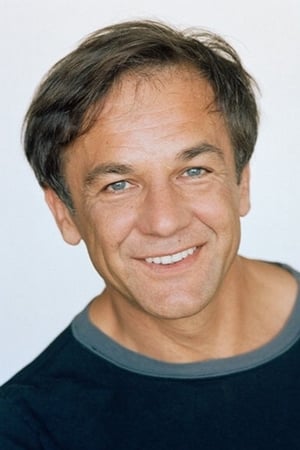
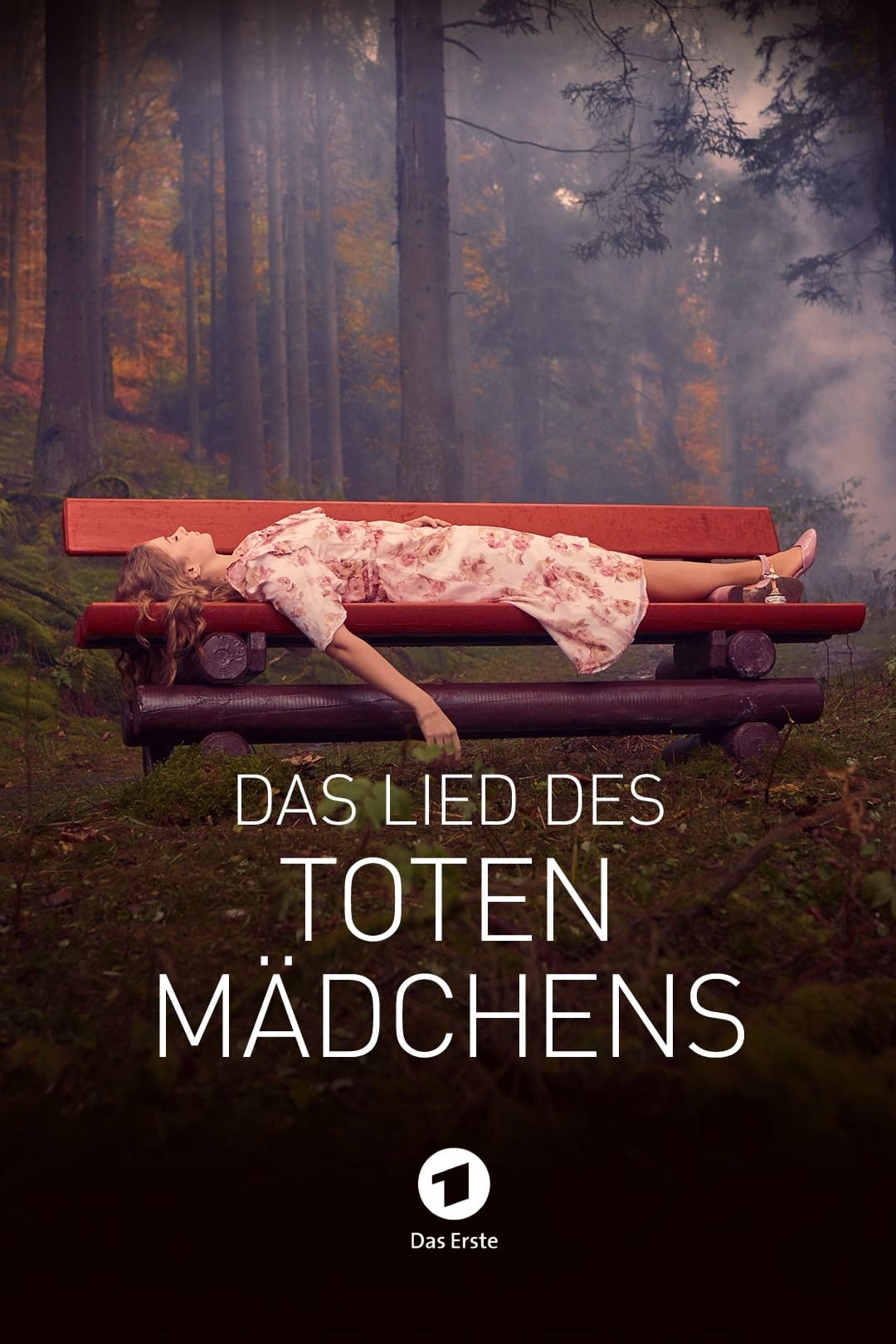
Sauerland, autumn 1995: In the middle of the forest on the Wilzenberg, a walker finds the body of high school graduate Sonja Risse. However, the fact that the killer left a music box with the lullaby "Hush Little Baby" at the crime scene does not lead to a clear solving. 25 years later, the investigative journalist Stefanie Schneider, known as "Mütze", made a surprising discovery in Cologne. In a disused multi-storey car park, she films an undressed corpse of a man with a music box running next to it! When her colleague Jan Römer, who reported on the spectacular Sonja case as a young journalist in 1995, recognizes the melody from back then, he immediately believes there is a connection. He goes to Wilzenberg with his ambitious colleague to interview Sonja's mother Maria, her former teacher Waldheim and her best friends. The more the journalists compile, the clearer the contradictions and gaps that the investigators should have noticed at the time.
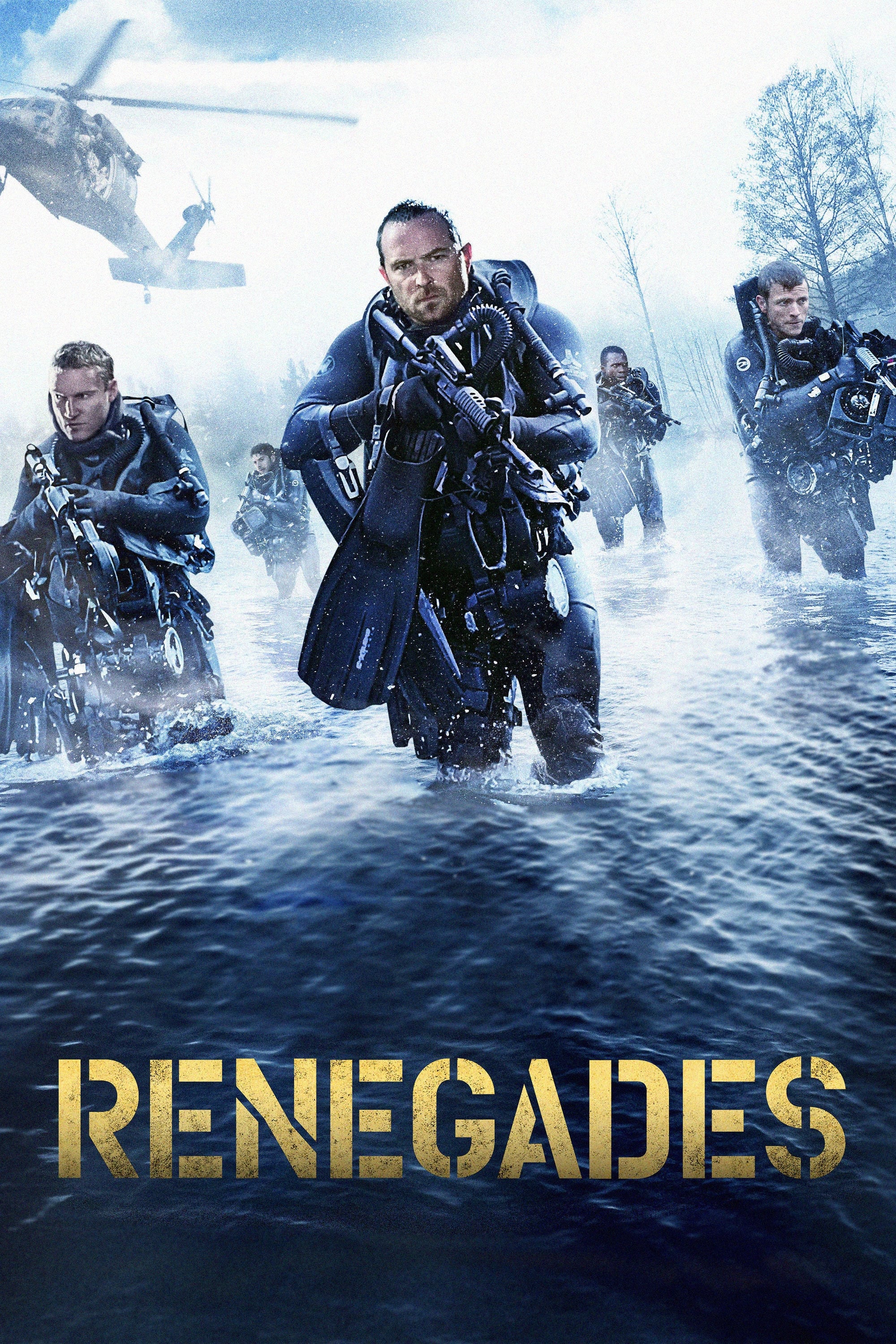
In the midst of the Balkan wars, a squad of Navy SEALs attempts to unravel a long-forgotten mystery after discovering an enormous treasure trove hidden at the bottom of a lake in Serbia.
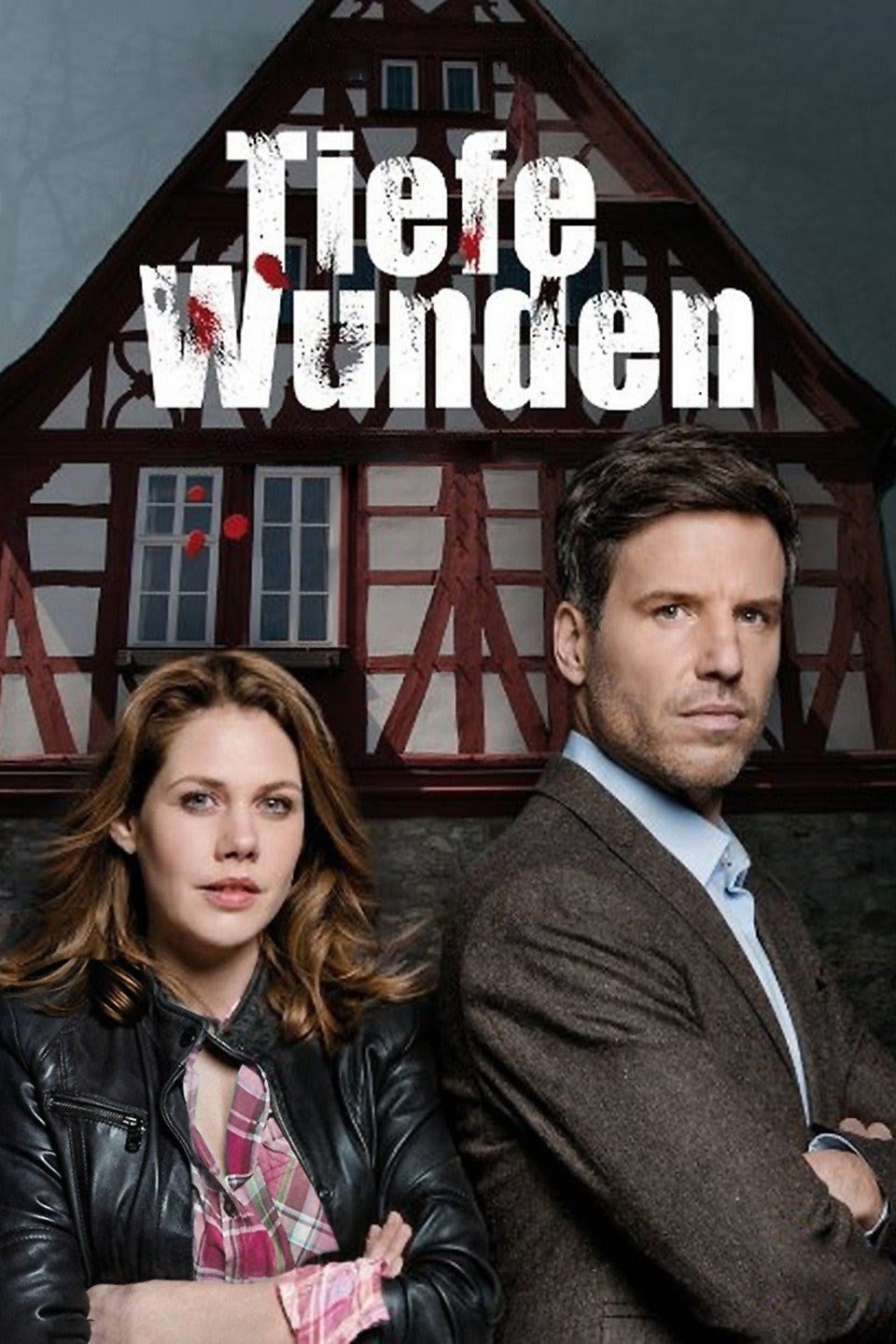
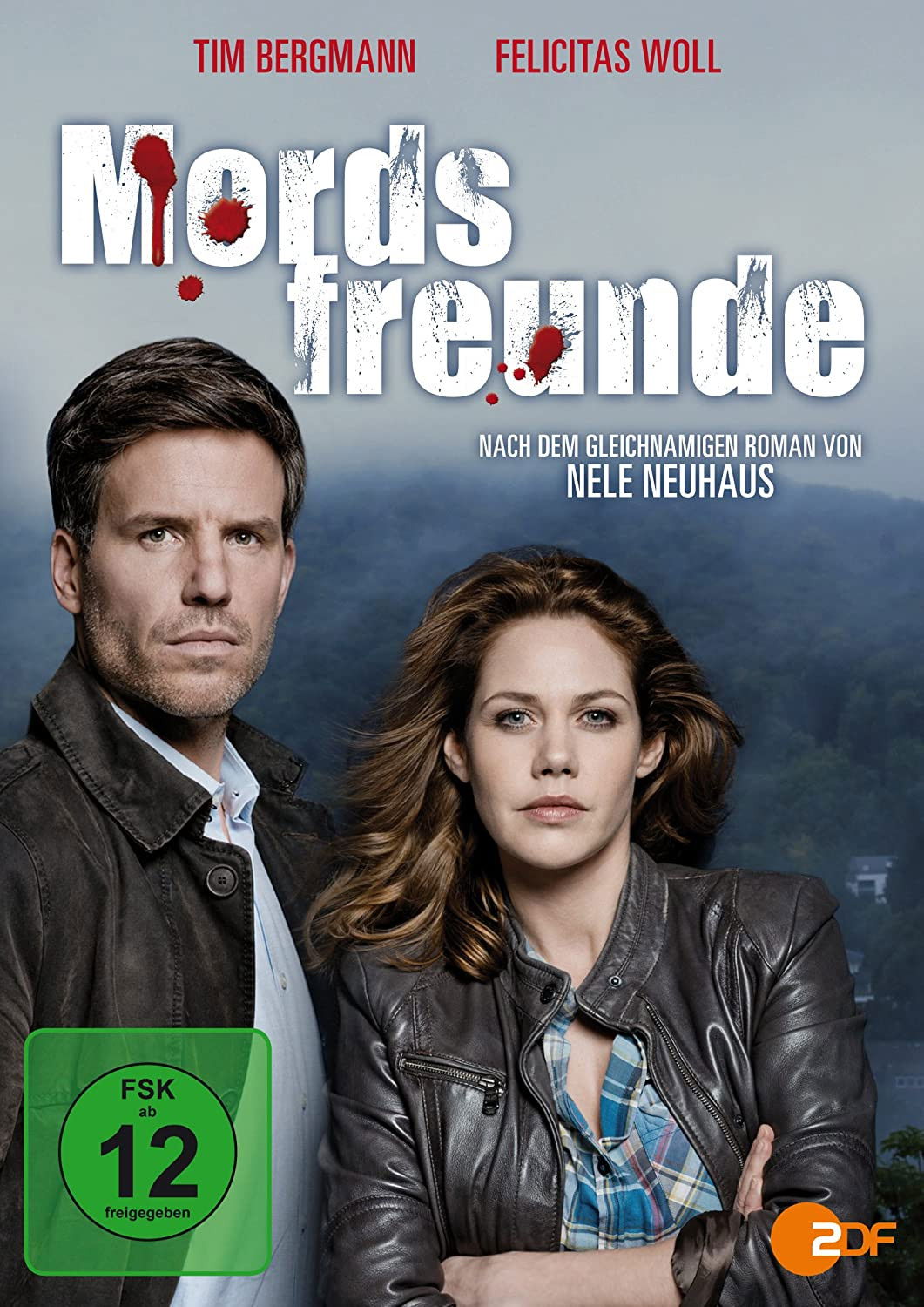
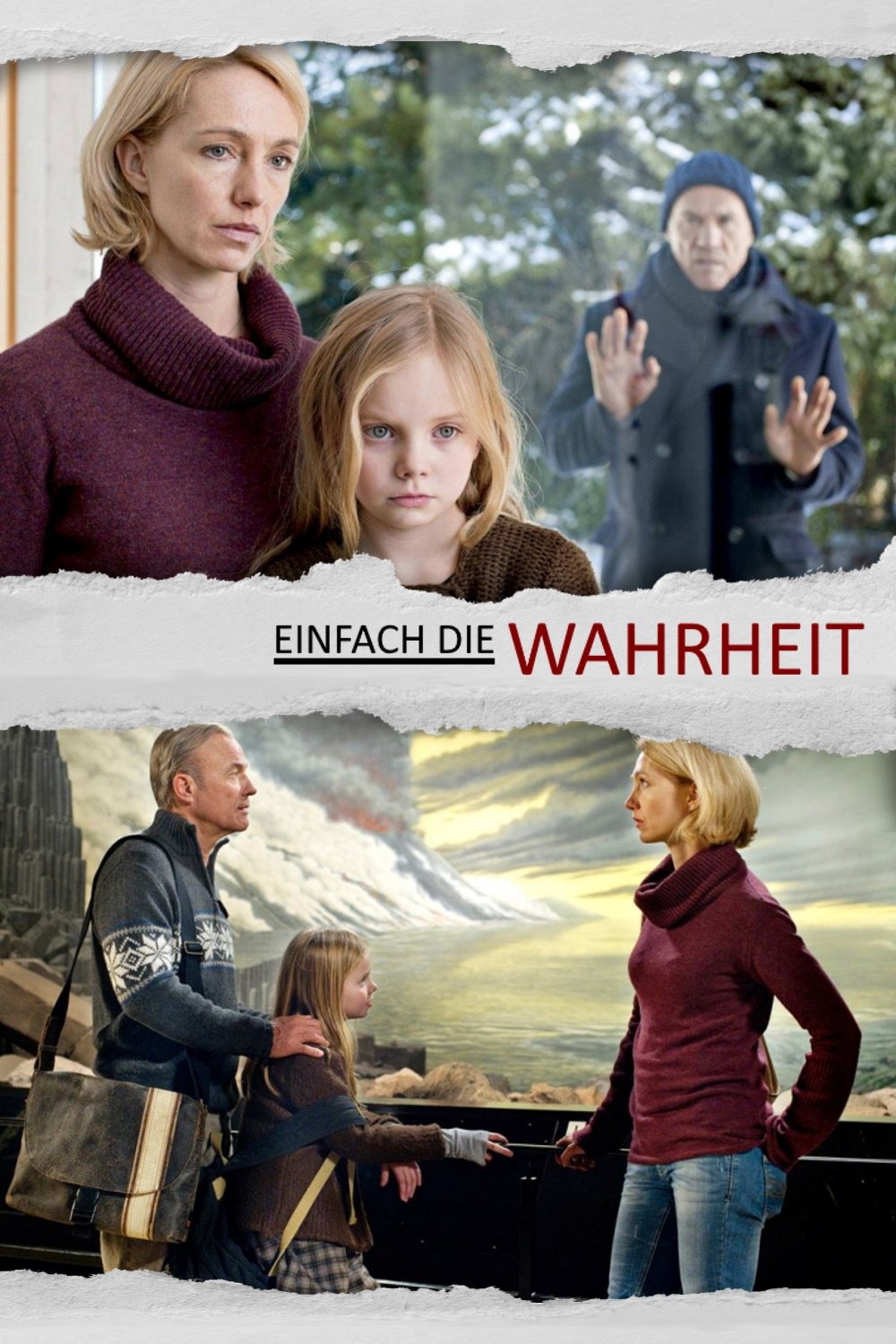
Prosecutor Charlotte Reinke investigates in a sensitive case: The eight-year-old Laura accuses her father novel of sexual abuse. This indignantly rejects the suspicion. The child had made the accusation under the influence of the mother, who only wanted to take revenge for having left her for another. Does Roman say the truth? Rather accidentally, the prosecutor makes a decisive discovery.
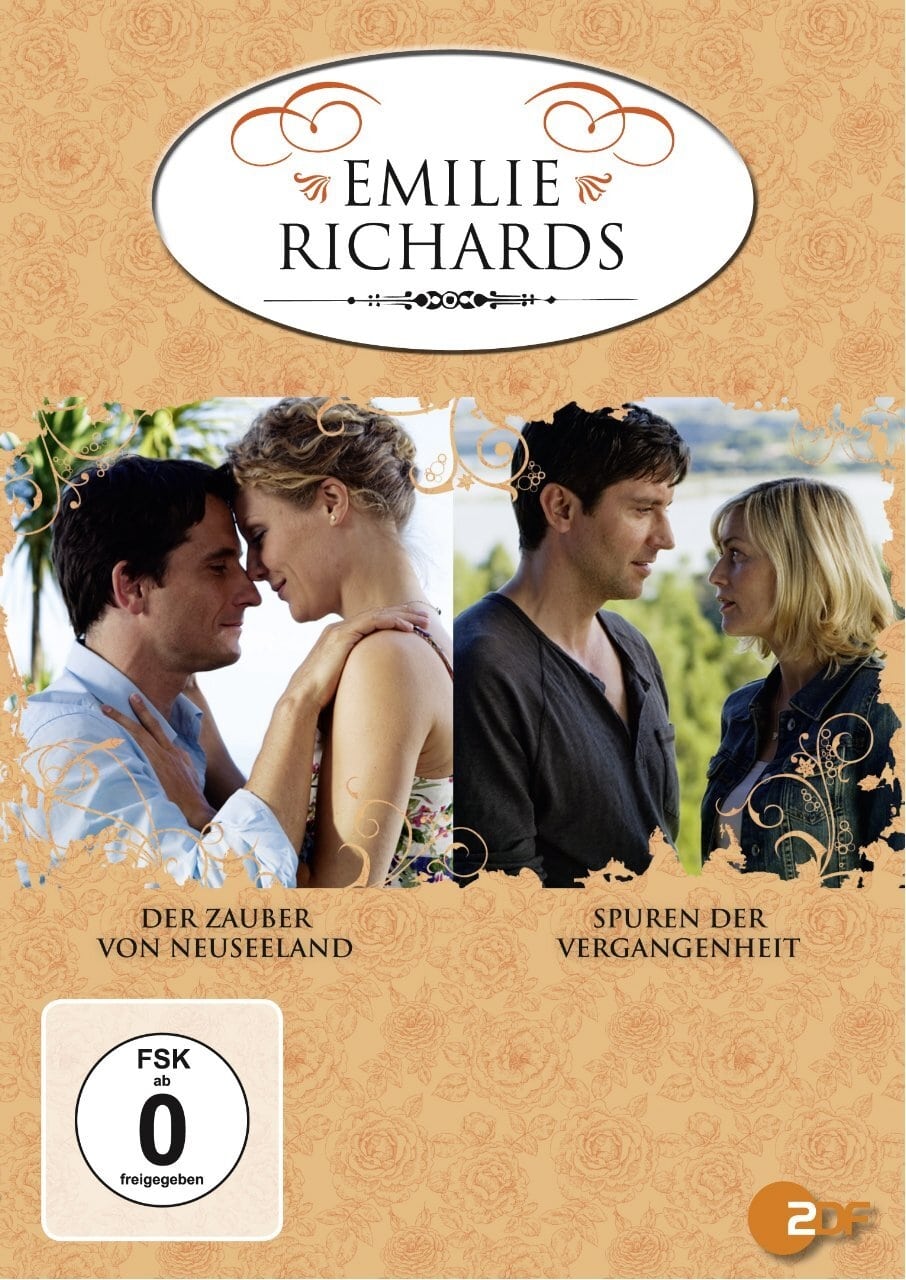
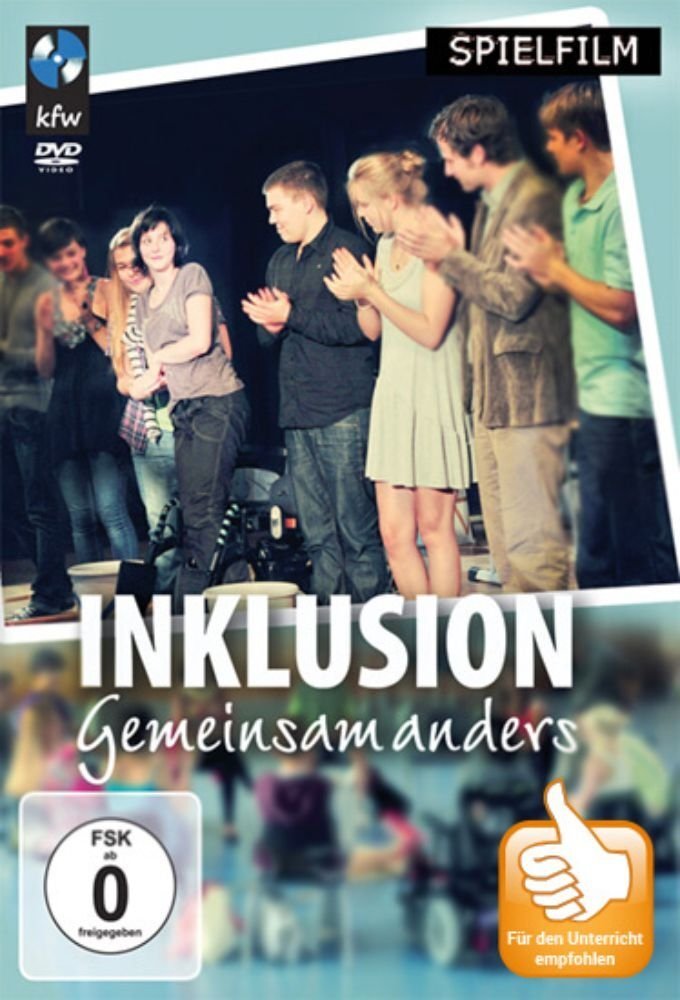
What does inclusion mean for classmates, teachers, parents and for the people themselves? The inclusion of Steffi and Paul at the Rousseau School is proving difficult. Class teacher Albert firmly believes in the program. But Steffi bullies her classmates and makes little effort in class - while the retarded Paul tries hard but achieves little due to his slow comprehension skills. Overburdened teachers and concerned parents oppose the project. They believe that the more advanced pupils are being held back in their development. The situation comes to a head. Then an incident occurs.
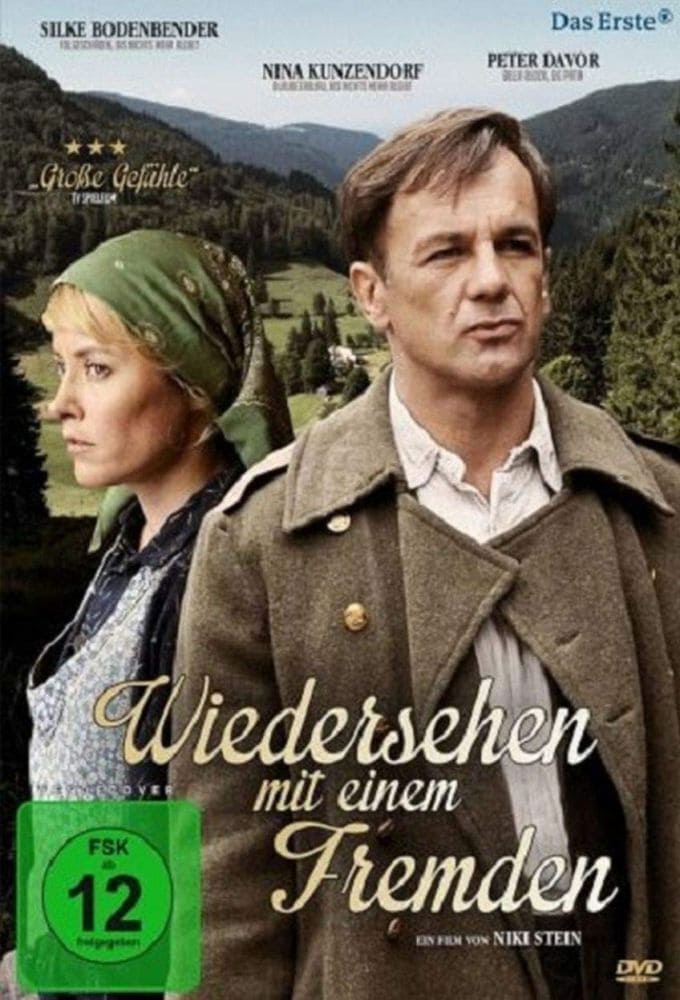
A Black Forest village in the 1950s. Liesbeth Steiner refuses to give up hope that her husband Max has survived the war and Russian captivity. She waits for every homecoming train, but to no avail. Liesbeth and her young son Josef found refuge on her parents-in-law's farm. It never became a home, as Max never told his family about his war marriage. His sister Margarete, who keeps the farm running, suspects that Liesbeth is an heiress. When Max is finally included in a late repatriation transport in 1955, Liesbeth hopes that different times are dawning. But Max has changed a lot over the years.
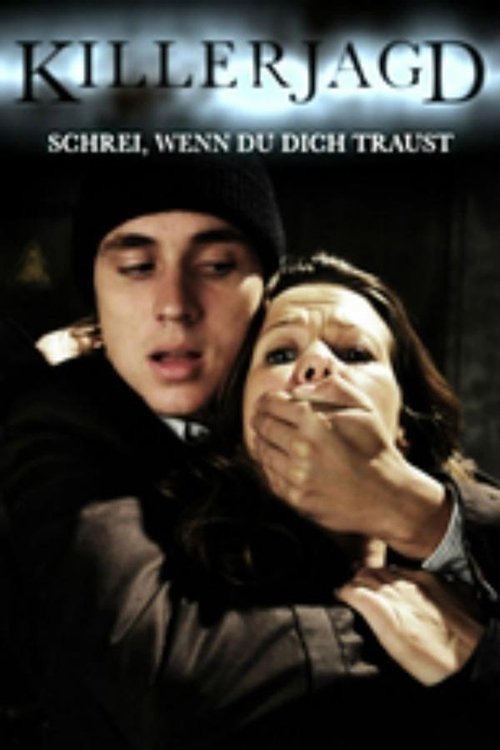
Anna, a leading criminal lawyer, must solve the death of a college student who said she was raped at a party. Surrounded by students, must decide whether the girl committed suicide or was the victim of a murder.

Catherine Almeda is a housewife and mother of two children. Her husband owns an export company and what Catherine does not know, involved in various illegal transactions. With his accomplice and lover, Marie, who he claims as his wife, he traveled through Europe and is expanding its network illegal. But now he is cooperating with the BND to get out and is held in a hidden place. His wife Catherine comes into the focus of investigations by the BKA and the children are threatened by criminals. Catherine is forced to smuggle five million euros from Moscow to Geneva, and must quickly raise half a tonne of heroin. Meanwhile, Catherine Bandelt nor with the Russians to Sergei, but they can fall back on before she settles with her husband, the children and their widowed father in Argentina.
By browsing this website, you accept our cookies policy.